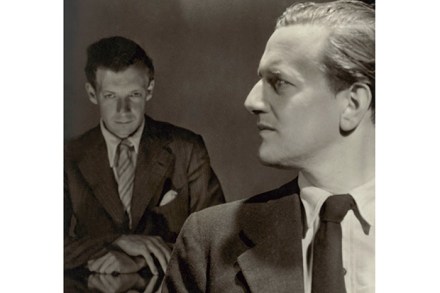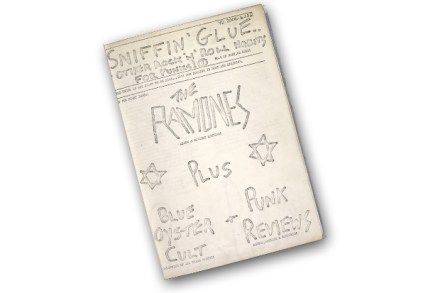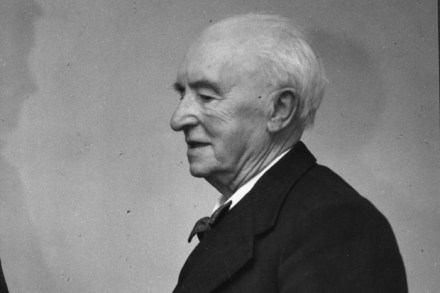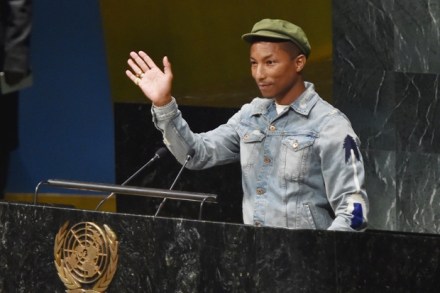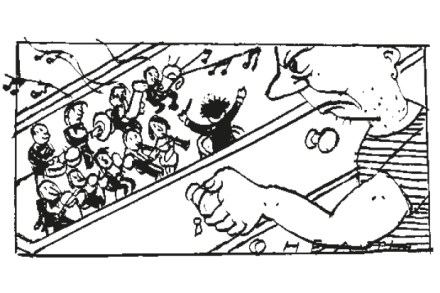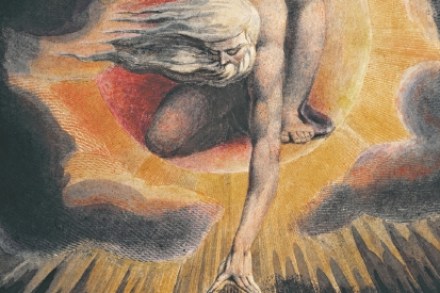Fringe benefits | 30 June 2016
‘How do we feel about leaving the EU today? Who doesn’t give a fook?’ yelled Oli Sykes of Sheffield’s Bring Me The Horizon — instantly becoming my favourite act of this year’s Glastonbury Festival. Sorry, I’m just not buying the line put out by the Guardian, the BBC, Damon Albarn and the rest of the wankerati that the crowds were bummed out by the referendum going the wrong way. Most of the 160,000 revellers had more pressing matters to consider like: Adele or New Order; long queue for the shower or not bother; samosa or falafel; cider or reefer or both; and — of course — how to negotiate the


